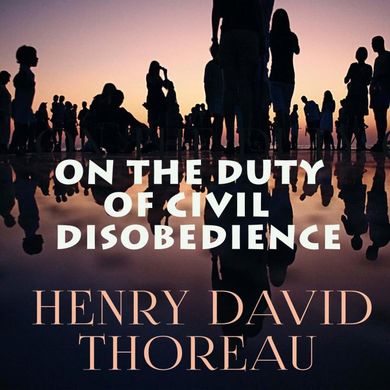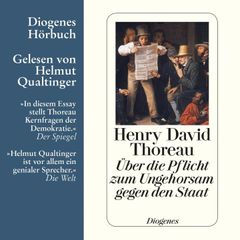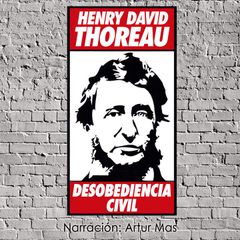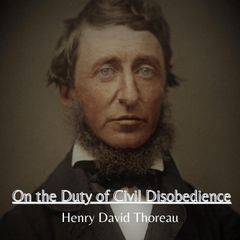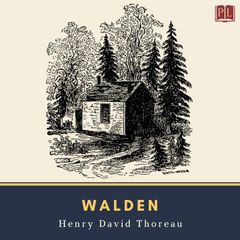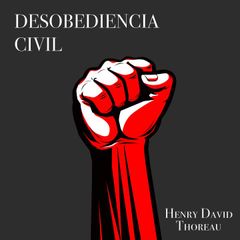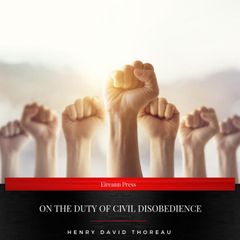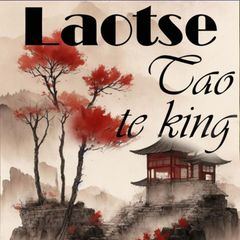- Audiolibro
- 2024
- 1 hr 9 min
- Strelbytskyy Multimedia Publishing
- History
Título
On the Duty of Civil Disobedience
Descripción
What does it mean to stand alone against the tide of conformity? Henry David Thoreau's On the Duty of Civil Disobedience is a rallying cry for the individual conscience in a world that often demands silent compliance. Written in 1849, this powerful essay transcends its time, offering an enduring blueprint for resisting injustice through peaceful defiance.
Thoreau's words are both a philosophical meditation and a practical guide. With piercing clarity and quiet rebellion, he challenges the reader to examine their relationship with authority, urging them to act according to principle rather than convenience. But this is no fiery manifesto—it is a calm, deliberate reflection on the moral duty of each person to refuse complicity in systems of oppression.
This essay is not just for dreamers or idealists; it speaks to anyone who has ever questioned whether they have the courage to say "no." Thoreau's call resonates with movements for freedom and equality across the ages, from Gandhi to Martin Luther King Jr. It dares us to ask: Are we citizens of the state, or citizens of justice?
En listas públicas de estos usuarios
Este audiolibro no está ninguna lista
Detalles del producto
Editorial:
Autor:
Título:
On the Duty of Civil Disobedience
narrado por:
Género Fabely:
Idioma:
EN
ISBN de audio:
4069828027299
Fecha de publicación:
18 de diciembre de 2024
Palabras clave:
Essaycivil disobedienceindividual consciencenonviolent resistanceSocial justiceslaverymoral philosophyPolitical activismgovernment and authoritypersonal responsibilityfreedompolitical philosophytranscendentalismAmerican NonfictionAudiobookEnglishStrelbytskyy Multimedia PublishingPhilosophyClassicspoliticsessaysHistory 19th Century
Duración
1 hr 9 min
Tipo de producto
AUDIO
Explícito:
No
Audiodrama:
No
Unabridged:
Sí
Sobre el autor:
Henry David Thoreau (1817–1862) was a man who walked his own path—often literally, as he explored the woods and streams of Concord, Massachusetts, with notebook in hand. Born in 1817, Thoreau was a transcendentalist, naturalist, and fierce advocate of individual conscience. His writings inspire readers to question authority, embrace simplicity, and reconnect with nature.
A Harvard graduate, Thoreau turned away from conventional success to live deliberately. His most famous experiment, two years in a cabin by Walden Pond, produced Walden (1854), a book that urges readers to "live deep and suck out all the marrow of life." But Thoreau was more than just a recluse in the woods. His essay On the Duty of Civil Disobedience (1849), penned after a night in jail for refusing to pay a tax supporting slavery, became a manifesto for peaceful resistance, influencing figures like Gandhi and Martin Luther King Jr.
Thoreau had a restless curiosity about the natural world, cataloging its rhythms with scientific precision while meditating on humanity's place within it. Though dismissed by many in his own time, he has since become a symbol of resilience, introspection, and defiance. Today, Thoreau invites us to slow down, listen to the rustle of leaves, and ask ourselves: Are we truly awake to life's possibilities?
